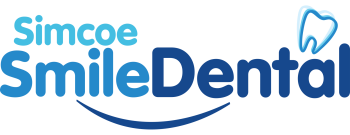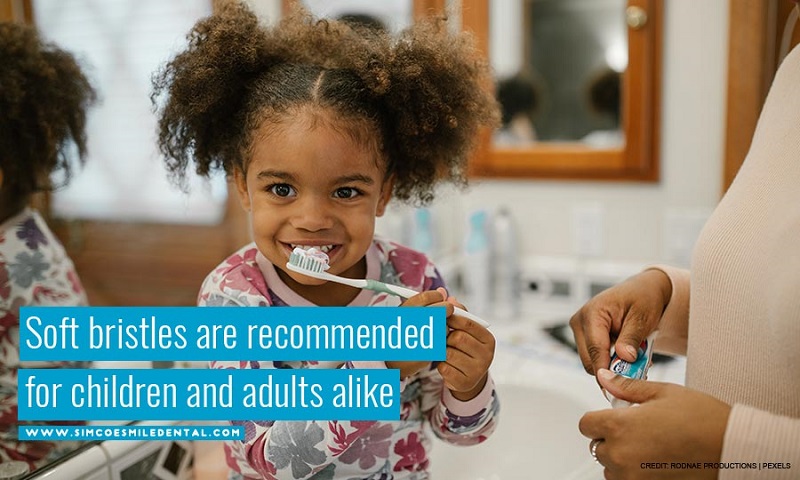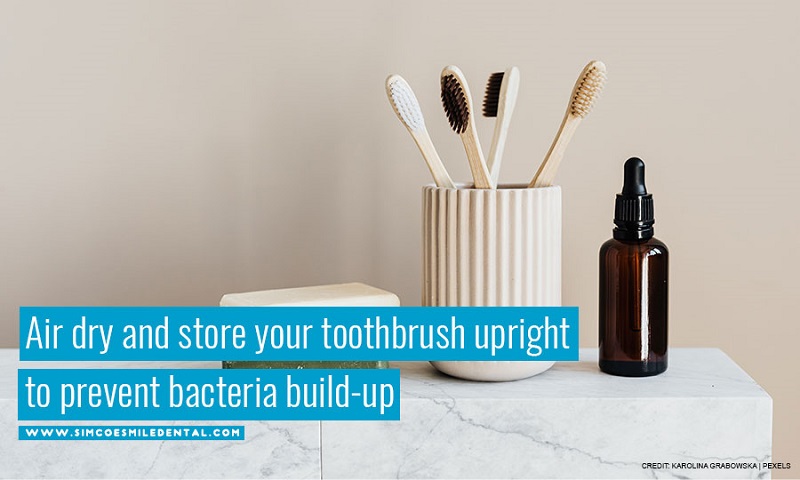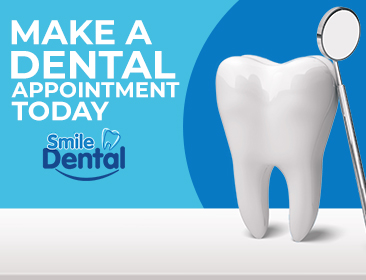One of the main objectives of any dental hygiene practice is to keep your gums and teeth healthy. While you were most likely taught how to brush your teeth correctly, it’s just not enough. A person can only be as effective as his tools. This is why selecting the right toothbrush is important.
Whether you have braces, sensitive teeth, or are seeking the best toothbrush for yourself, here’s a guide to help you keep this essential hygiene tool clean and durable as much as possible.
How to Choose a Toothbrush
When choosing a toothbrush, here are some of the factors to consider:
- Brush Head Size
You may choose from a variety of brush heads, but a small-headed brush will allow for better access to areas in your mouth that may be difficult to reach. Due to the lack of extra angles, many dentists also recommend using a round-headed toothbrush.
- Bristle Quality and Design
When picking a toothbrush, bristle design is equally vital. A growing number of manufacturers are already creating heads with bristles of different sizes, which is particularly helpful for reaching those obscure places and the inner gaps between teeth.
Another frequent topic of discussion among customers is whether to use hard or soft bristles, with many mistakenly thinking that harder bristles will clean your teeth more thoroughly. On the contrary, hard toothbrush bristles may do more harm than good. Choose soft bristles instead. These will clean your teeth well while being less abrasive to your gums and less likely to cause gum line recession.
- Handle Grip
A handle with a stable grip ought to be a priority, considering that you should be brushing your teeth for at least two minutes each time as recommended. Choose whatever makes brushing your teeth the easiest and most comfortable from the several options offered.
Here are some additional considerations to remember when selecting a toothbrush for toddlers, teens and adults, and people with braces:
- Toddlers
The first toothbrush for your child should have soft bristles and be tiny enough to fit in their mouth. Children over the age of 5 should use toothbrushes with narrower handles than toddlers, which are made to fit broader jaws.
- Teenagers and Adults
Many people believe that the bristles on toothbrushes need to be thicker since the teeth and gums become tougher as they grow older. But many also tend to clean their teeth too vigorously, which can damage the enamel. This is why using soft- to medium-bristled toothbrush is best for everyone, even adults and teens.
- Toothbrush for Braces
The best toothbrush for those with braces is one with soft bristles and a compact head that can more easily go in between brackets and wires. When you acquire braces, you might not even need to buy a new toothbrush. Instead, your orthodontist might be able to provide you with cleaning tools that will make it easier for you to maintain the cleanliness of your braces and teeth.
Do Toothbrushes Need to Be Cleaned?
Yes! According to scientists, your toothbrush is full of bacteria, which is why you need to change your toothbrush often. One exposed toothbrush can contain over 100 million germs, including Staphylococci (“Staph”) bacteria that cause skin infections and E. coli bacteria that can cause diarrhea. Fortunately, the body can typically protect itself against microorganisms. However, you should use common sense when cleaning and storing your toothbrush.
How to Take Care of Toothbrush
Your toothbrushes must be in excellent shape to fulfill their basic function. If you’re thinking “How do I take care of my toothbrush?”, here are a few tips to keep in mind:
Applying excessive pressure when brushing your teeth harms your teeth in more ways than one. This can erode the enamel that is supposed to protect your teeth and allow microorganisms to damage them. Similarly, it may damage your toothbrush. The bristles of your toothbrush will bend and deform if you overbrush. When the bristles on your toothbrush lose their form, it becomes less effective.
- Rinse it with running water
Before storing your toothbrush, you should clean it to remove any leftover toothpaste and bacteria. This prevents the germs from multiplying and returning to your mouth when you brush the following time. You might also choose to soak it in antibacterial mouthwash if you have a systemic illness or immune deficiency.
- Store in an upright position in the open
Mould and germs flourish in damp environments. To keep these from accumulating on your toothbrush, you should let your toothbrush air dry first before storing. You may speed up the drying and draining process by keeping it upright. Your toothbrush shouldn’t be kept in a tiny space where it could not have enough room to dry out.
You may keep it in a toothbrush holder that hangs from your bathroom mirror or one that rests on the counter. Additionally, you shouldn’t have them resting directly above the toilet. If you keep your toothbrushes near the toilet, the bacteria that are released into the air as it flushes may land on them.
- No sharing
Never share a toothbrush with someone in your family or even your partner.
Sharing a toothbrush can spread saliva and germs, including the kinds that lead to tooth disease. A toothbrush should never be shared or borrowed especially since dental carries are regarded as an infectious condition.
- Wash your hands
Even though you may not realize it, the bacteria on your hands can be transmitted to your toothbrush and subsequently to your mouth. Before you brush or floss your teeth, wash your hands with antibacterial soap to keep yourself and your toothbrush healthy and clean.
- Know when to replace your toothbrush
It is advised that you change your toothbrush every 3 to 4 months or when it exhibits indications of wear or when the toothbrush smells bad. This prevents germs from growing on your toothbrush. Similar care should be taken whether they are manual or electric models. When the brush’s bristles start to look worn, throw the brush attachment away.
Your toothbrush serves as a weapon against oral illnesses and tooth decay. To ensure that your toothbrush can continue to take great care of your teeth, be sure to look after it.
Let’s keep your teeth fresh and clean. Simcoe Smiles Dental is happy offer families regular dental cleanings. Our dentist in Oshawa can also provide you with advice on how to better take care of your oral health. Schedule an appointment now by calling (289) 312-1482.




